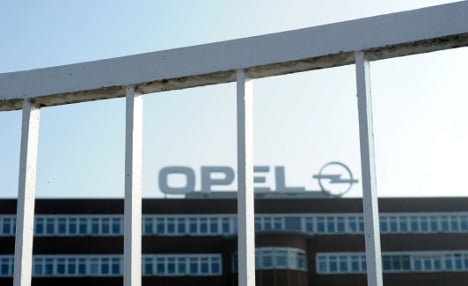“We’ve made it clear that we won’t hold any further discussions” on the issue, an Opel spokesman said.
A proposed agreement for keeping Bochum open until the end of 2016 – in exchange for a wage freeze, the giving up of some fringe benefits and other cost-saving measures – was rejected by unions and employees on Thursday.
“We therefore assume that production will end earlier, in 2014,” the spokesman said.
Under a deal worked out by GM at the end of February, Opel had offered to keep car production in Bochum until the end of 2016 after which the plant would be retained as a components and logistics employing 1,200 people, compared with 3,200 at present.
But in a vote on Thursday, workers at the plant rejected the deal, with about 76 percent voting against the cost cuts.
AFP/mry



 Please whitelist us to continue reading.
Please whitelist us to continue reading.
Member comments